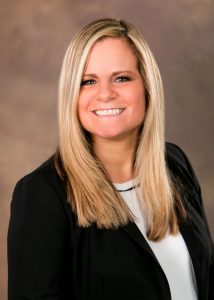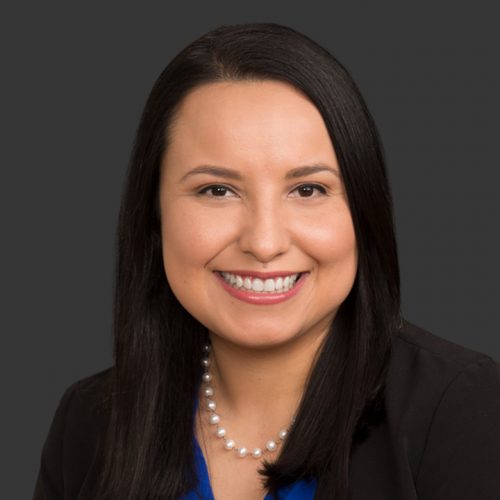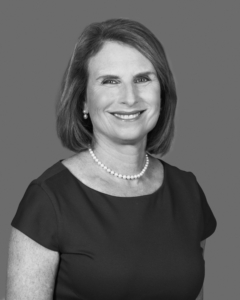 By Nicki Gilmour, CEO and Founder of theglasshammer.com
By Nicki Gilmour, CEO and Founder of theglasshammer.com
We caught up with Lorraine Hariton, recently appointed leader of Catalyst to hear her thoughts on change, gender progress at work and what excites her about her in this new role.
Nicki Gilmour (NG): What is your vision as leader of Catalyst?
Lorraine Hariton (LH): I am honored and thrilled to join Catalyst as President and CEO. My career has benefited so much from Catalyst’s work, and I am excited to have the opportunity to help write the next chapter and pay it forward to future generations. I have been involved in women’s advancement leadership initiatives throughout my career. This is a dream opportunity to give back and pay it forward in an area that has been a lifelong passion and indeed my life experience.
There’s so much I want to do with this opportunity. We are at an inflection point in our history—the #MeToo outcry combined with rapid and enormous shifts in how we work offer the opportunity to build a new kind of workplace: one in which women advance to leadership much more rapidly and intentionally than ever before. I see Catalyst leading that charge and I’m excited to be a part of this moment in history.
NG: What has changed for women in the workplace in the past 10/20/30 years?
LH: The workplace of 2018 looks very different from that of 1962, when Catalyst was founded, and will look much different 20 years from now and beyond. Rapidly changing technology and the surge of millennials and Gen Z into the workforce guarantees that advances in technology will continue to significantly change the Future of Work, including shifting demographics, automation, AI, machine learning, the gig economy, more geographically dispersed, culturally diverse teams, changing dynamics in the interaction between humans and machines, etc. The future of work will need soft skills that include empathy, critical thinking, creativity, collaboration. This will require companies to turbocharge their efforts to build diverse and inclusive teams to be competitive. The rapidly changing nature of how we work presents a real opportunity in the “here and now” for women and other marginalized groups in the workplace. It’s essential that women are not left behind in this shifting workforce and that companies are prepared to utilize all of their diverse talent.
However, despite these advancements, women continue to face barriers that are complex and ingrained, especially women of color. Harmful and misleading gender-based stereotypes and biases are alive and well. We need to make sure that the people who are coding and building the machines of the future aren’t also baking in sexist or stereotypic assumptions. Getting women into all aspects of tech, STEM, and also data analytics will allow us to create a future that works for all of us. Gender diversity in the workplace is the right and the smart thing to do. Gender based innovation means ensuring products are built by diverse people so they work for everyone. Tech companies need to be at the table partnering and taking the steps needed to bring about positive change.
NG: How do we take the onus off the individual and instead ask the firm’s to ‘lean in’?
LH: It is vital men do not take a step back in the aftermath of this global wake-up call on sexual harassment or become afraid to advocate for women. The vast majority of men at work have the best intentions but stop short of identifying as champions. Inclusive leaders encourage their male employees to challenge the status quo while also modeling sponsorship behavior. They lead courageous conversations about what concerns men have and how they can step up to become allies for women in the workplace.
NG: Tell is about your personal pathway to this work?
LH: I have been involved in women’s advancement leadership initiatives throughout my career. I’ve held senior-level positions in Silicon Valley, including serving as CEO of two Silicon Valley start-ups and holding C-level roles in sales, marketing, and engineering in public companies. Most recently, I was Senior Vice President of Global Partnerships for the New York Academy of Sciences, where I was instrumental in creating the Global STEM Alliance and its 1000 Girls, 1000 Futures program, a global mentoring initiative to help girls pursue careers in STEM.
As Special Representative for Commercial and Business Affairs at the US Department of State, I established The Global Entrepreneurship Program, the WeCreate Center for women entrepreneurs, and the Secretary’s Council on Women’s Leadership.
I’ve served on several boards of organizations committed to the advancement of women in the workplace, including the UN Women Global Innovation Coalition for Change, the Stanford Clayman Institute for Gender Research and Watermark.
My eclectic and diverse background helps me to look at the challenges, opportunities and solutions from many different angles.
My career has benefited so much from Catalyst’s work and I’m thrilled to be a part of the next chapter lending my experience to help build workplaces that work for women, and for everybody.
NG: What excites you most about the future on this topic of equality and equity?
LH: This is a critical time in our history. There is a huge spotlight on issues facing women in the workplace. Unfortunately, progress has been stalled for far too long but there’s an opportunity in this #MeToo moment to make a quantum leap ahead for gender equality in workplaces. We at Catalyst will continue to support leaders and organizations in creating inclusive cultures and opportunities that support and advance women. The best defense against sexual harassment is building an inclusive workplace culture with zero tolerance for discrimination and bad behavior.
NG: What is your advice to your younger self?
LH: I would tell my younger self to learn how to be flexible and adaptable, adept in digital literacy and interpersonal skills. I would ensure I took the time to invest in internships and job experiences. There is no longer a traditional linear “major to career” path. I would also remind myself to gravitate to organizations and cultures that support and elevate women. I started my career with IBM and returned back there after Harvard Business School because of their women-centric and women-supportive environment. I would encourage young women starting their careers to similarly seek out cultures and organizations that emphasize women’s inclusion.


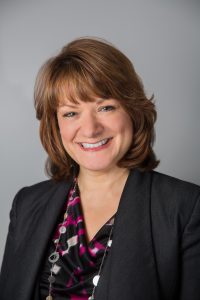 Never underestimate the power of a great conversation, says WEX’ Jodi-ann Johnson.
Never underestimate the power of a great conversation, says WEX’ Jodi-ann Johnson.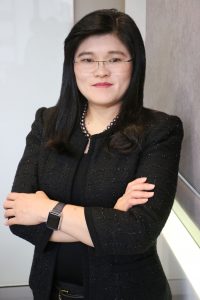 Speak up; share your aspirational goals; and pursue your ambitions, advises PwC Thailand’s Vilaiporn Taweelappontong.
Speak up; share your aspirational goals; and pursue your ambitions, advises PwC Thailand’s Vilaiporn Taweelappontong.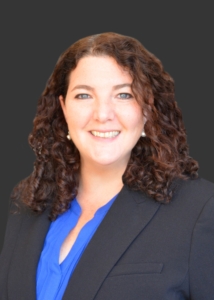 While you can’t choose your circumstances, you can choose how you react to them, says Shearman & Sterling’s Emma Maconick.
While you can’t choose your circumstances, you can choose how you react to them, says Shearman & Sterling’s Emma Maconick.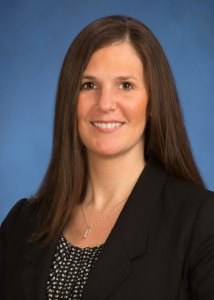 “An engineering career can be full of action and excitement,” says Goldman Sachs’ Laura Takacs.
“An engineering career can be full of action and excitement,” says Goldman Sachs’ Laura Takacs.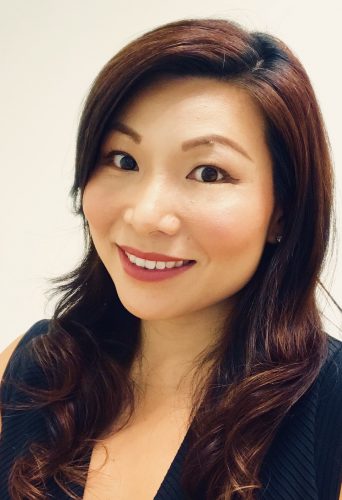
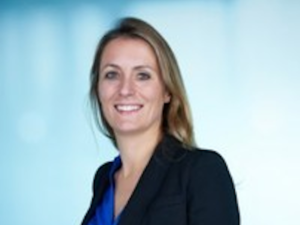 There is a famous book by the French Minister for European Affairs Nathalie Loiseau called Choisissez Tout (Choose Everything), where she underscores that women don’t have to make sacrifices. There is no standard in life: You don’t have to be ambitious
There is a famous book by the French Minister for European Affairs Nathalie Loiseau called Choisissez Tout (Choose Everything), where she underscores that women don’t have to make sacrifices. There is no standard in life: You don’t have to be ambitious 